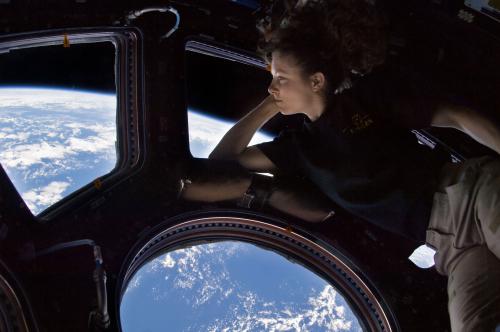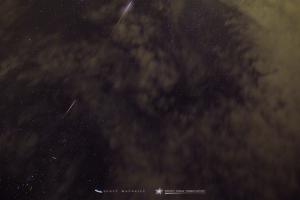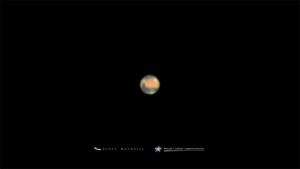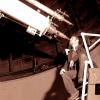Weekly Happenings - July 21, 2018
Weekly Happenings is a weekly digest of current events and happenings in astronomy and science, either local or worldwide. This is the place to grab a quick astro-fix to settle your anxiety about space or perhaps to woo your friends with your astro-prowess. Regardless, this is a place to kick back and get a heads up on cool things happening this week. Enjoy!
---------------------------
On Tuesday, July 17th, the International Space Station (ISS) returned to our evening skies, and daily passes continue of the ISS over the Northeast and largely the U.S. for the next three weeks. The ISS, humanity’s only continuously inhabited space residence since November 2000, orbits Earth at 17,500 mph, which allows for one complete orbit every 93 minutes. Being that we are in summer and Earth is tilted quite nicely towards the Sun in the Northern Hemisphere, we can catch sight of many ISS passes each night for the next week. Seeing the ISS is super easy, check in for pass times applicable to Southern New England, and generally the Northeast. For pass times applicable to your location, visit NASAs Spot the Station. Notable ISS passes this week (EDT):
July 20 → starting at 10:21p.m. in WSW, rising to 41°, heading towards NE
July 21 → starting at 9:29 p.m. in WSW, rising to 73°, heading towards NE
July 23 → starting at 9:22 p.m. in W, rising to 35°, heading towards NE
The ISS looks like a super bright star moving across the sky. It is bright enough to be mistaken for an airplane, though it will not blink like planes do. Visit our article on viewing the ISS to learn about why we only see the station periodically throughout the year.
On July 13th, the Perseid Meteor Shower began. One of the best meteor showers of the year, the Perseids will run from July 13th – August 26th. The best time to observe meteor showers are during the peak period, which usually lasts a few hours to a couple days, depending on the shower. The Perseid peak happens overnight August 11-13th and can bring an increase of up-to 100 meteors per hour to our skies. Though the Perseids are quite active outside of the peak period, especially after the peak, with dozens to hundreds of meteors visible on clear, dark nights. Being that the Moon is arriving at it’s full phase on Friday, July 27th, periods of visibility are getting shorter each night. For now, if you are out after the Moon sets, keep an eye on the sky. You may just catch a Perseid meteor blazing by. As the peak approaches, it will become harder to miss them. Note that Frosty Drew Observatory will be hosting a fabulous series of open nights during the Perseid Meteor Shower peak. What better way to celebrate summer nights than with shooting stars!
On Friday, July 27th, Earth will catch up to Mars in our yearly orbits, where we pass in between the Sun and Mars. We call this the Opposition of Mars, because Mars will be on the opposite side of Earth than the Sun. Usually on opposition, Earth is at its closest point to the planet that is in opposition, though this is not always the case with Mars. Due to Mars’ highly eccentric orbit (deviation from perfectly circular orbit), at 0.09334 (0 is a perfect circle), compared to Earth’s 0.0167 eccentricity, Mars closest approach happens any time in the days surrounding opposition. This year, Mars closest approach happens about 3 days after opposition, on July 30-31. Sadly, the intense planet wide dust storm happening on Mars will wreak havoc on our awesome views of Mars surface, but as far as brightness goes, Mars is getting ridiculously bright. Step out this week and look for an intensely bright, reddish star-like object in the sky a few hours after sunset in the SE, that’s Mars. Once opposition happens, we will focus on Mars for the next few weeks during our Stargazing Nights at Frosty Drew Observatory. This will also be the second time this summer that the full Moon will occur on the night of a planetary opposition (last time was last month during Saturn’s opposition), which will place the Sun, Earth, the Moon, and Mars all in alignment; fun fact.
-Scott
- Author:
- Scott MacNeill
- Entry Date:
- Jul 23, 2018
- Published Under:
- Scott MacNeill's Columns




